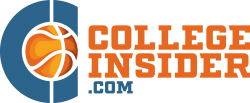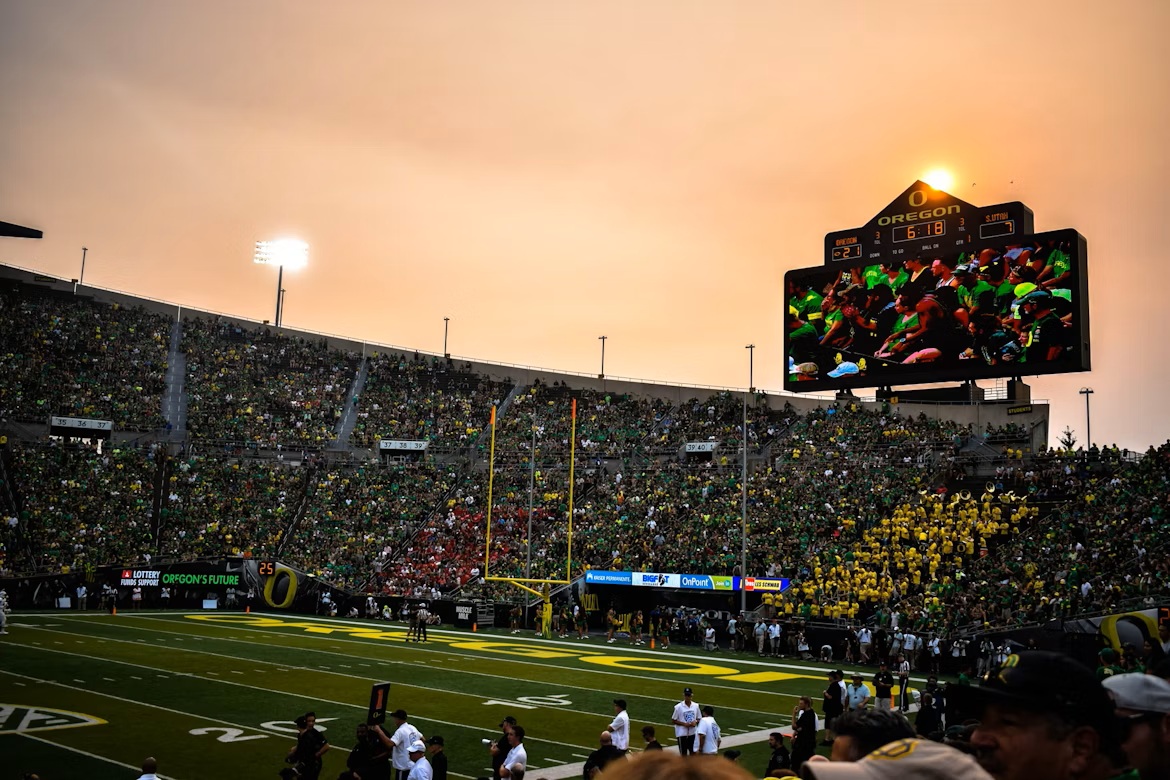NCAA Delays Policy Allowing College Athletes To Bet On Pro Sports
Photo Credit: https://unsplash.com/photos/group-of-people-at-football-stadium-k0KToO3CoaE
The NCAA has announced a three-week delay on the implementation of a new policy that will allow college athletes and athletic department staff members to bet on professional sports. This decision is due to rising concerns from conference officials and administrators, who argue that the new policy would undermine the integrity of collegiate athletics.
The policy was set to take effect on November 1, but the rule change will now only be implemented from November 22, a day after the end of a rescission period that allows Division I schools to vote on whether to overturn the current measure. This delay is happening during a time when there is a shift in the relationship between college sports and regulated betting.
Although the NCAA continues to prevent athletes from betting on college events or sharing inside information, the new rule indicates a change toward recognizing the legalization and normalization of sports wagering across the US. Sports betting technology is advancing, and every day, fans are increasingly engaging with platforms that provide secure, decentralized payment systems through cryptocurrency wallets. Many bettors are using Bitcoin wallets designed for sports betting, which offer privacy, instant transactions, and accessibility (source: https://99bitcoins.com/bitcoin-wallet/sports-betting/).
Concerns From The SEC And NCAA Leadership
The delay in the policy change was a result of a formal letter from Southeastern Conference (SEC) commissioner Greg Sankey, who asked the NCAA to reconsider the decision. In a memo, Sankey described the proposal as a “major step in the wrong direction”. He argued that revisions to existing betting rules should come not through a complete removal of all rules, but rather through “careful refinement” to maintain the integrity of college sports.
Sankey wrote to Charlie Baker, the NCAA President, that the SEC’s chancellors and presidents were clear and united in their opposition to the measure after a meeting earlier in October. “The SEC’s Presidents and Chancellors believe the NCAA should restore its prior policy, or a modified policy, communicating a prohibition on gambling by student-athletes and athletics staff, regardless of the divisional level of their sport,” Sankey wrote.
These comments are made at a time when there is increased sensitivity regarding gambling and integrity issues in professional sports. The same week as the NCAA’s first announcement about the policy changes taking effect on November 1, Miami Heat’s Terry Rozier and an NBA coach were arrested in connection with illegal betting operations that reportedly exploited private player information to get an advantage.
The NCAA has clarified that its new rule won’t affect the ban on betting on college sports, but many conference leaders believe that even limited legalization of pro sports betting will open the door to new risks. “If there are legal or practical concerns about the prior policy, those should be addressed through careful refinement, not through wholesale removal of the guardrails that have long supported the integrity of games and the well-being of those who participate,” Sankey stated.
Balancing Modernization And Integrity
The NCAA has stated that the policy shift is an acknowledgment of changes in sport. “This change recognizes the realities of today’s sports environment without compromising our commitment to protecting the integrity of college competition or the well-being of student-athletes,” said Chair of the Division II Management Council, Roberta Page.
The policy was initially approved by the management councils of all three NCAA divisions before the Division I Board voted for the delay.
Baker claimed that the NCAA’s monitoring network is strong, describing it as “the largest integrity program in the world on sports betting across all the various games.”
The NCAA has also introduced educational programs, online courses, and research initiatives to help athletes understand betting regulations. The Division I Student-Athlete Advisory Committee recommended better education instead of prohibition to be the best path forward.
Implications For College Athletics
Although critics are concerned that lifting restrictions will create vulnerabilities, others see it as a recognition of the times. The NCAA’s integrity strategy currently monitors more than 22,000 college sports games each year and can identify irregular betting patterns through data partnerships.
The November 22 date is quickly approaching, and NCAA membership institutions will have the opportunity to rescind or approve the proposed policy. The outcome will change what the boundaries of permissible betting for college athletes will be, but also how college sports will engage with, or resist, the fast-growing international sports betting market.



